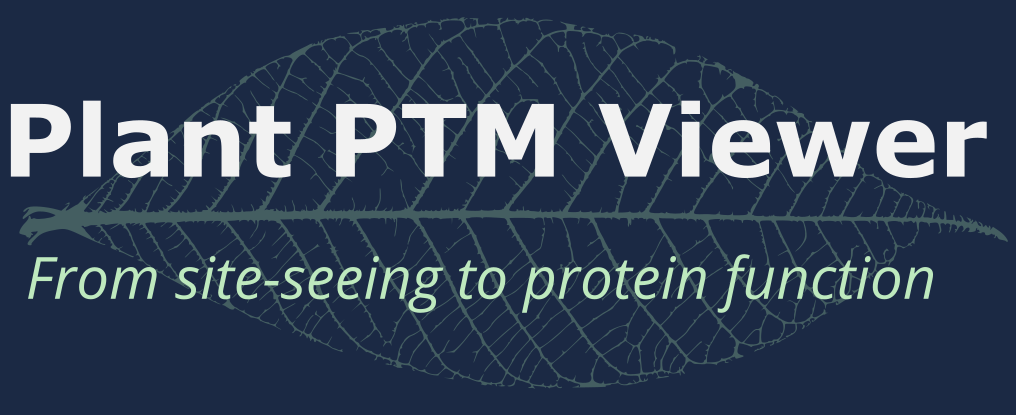Publication Information
Hu et al., 2015
No external accession available
Abstract
Plant Physiol. 2015 Apr;167(4):1731-46. doi: 10.1104/pp.15.00026. Epub 2015 Feb
19.
Site-specific nitrosoproteomic identification of endogenously S-nitrosylated
proteins in Arabidopsis.
Hu J(1), Huang X(1), Chen L(1), Sun X(1), Lu C(1), Zhang L(1), Wang Y(1), Zuo
J(2).
Author information:
(1)State Key Laboratory of Plant Genomics and National Plant Gene Research
Center (J.H., L.C., J.Z.), and State Key Laboratory of Molecular Developmental
Biology (X.H., Y.W.), Institute of Genetics and Developmental Biology, Chinese
Academy of Sciences, Beijing 100101, China;Graduate University of Chinese
Academy of Sciences, Beijing 100049, China (J.H., L.C.); andInstitute of Botany,
Chinese Academy of Sciences, Beijing 100093, China (X.S., C.L., L.Z.).
(2)State Key Laboratory of Plant Genomics and National Plant Gene Research
Center (J.H., L.C., J.Z.), and State Key Laboratory of Molecular Developmental
Biology (X.H., Y.W.), Institute of Genetics and Developmental Biology, Chinese
Academy of Sciences, Beijing 100101, China;Graduate University of Chinese
Academy of Sciences, Beijing 100049, China (J.H., L.C.); andInstitute of Botany,
Chinese Academy of Sciences, Beijing 100093, China (X.S., C.L., L.Z.)
jrzuo@genetics.ac.cn.
Nitric oxide (NO) regulates multiple developmental events and stress responses
in plants. A major biologically active species of NO is S-nitrosoglutathione
(GSNO), which is irreversibly degraded by GSNO reductase (GSNOR). The major
physiological effect of NO is protein S-nitrosylation, a redox-based
posttranslational modification mechanism by covalently linking an NO molecule to
a cysteine thiol. However, little is known about the mechanisms of
S-nitrosylation-regulated signaling, partly due to limited S-nitrosylated
proteins being identified. In this study, we identified 1,195 endogenously
S-nitrosylated peptides in 926 proteins from the Arabidopsis (Arabidopsis
thaliana) by a site-specific nitrosoproteomic approach, which, to date, is the
largest data set of S-nitrosylated proteins among all organisms. Consensus
sequence analysis of these peptides identified several motifs that contain
acidic, but not basic, amino acid residues flanking the S-nitrosylated cysteine
residues. These S-nitrosylated proteins are involved in a wide range of
biological processes and are significantly enriched in chlorophyll metabolism,
photosynthesis, carbohydrate metabolism, and stress responses. Consistently, the
gsnor1-3 mutant shows the decreased chlorophyll content and altered
photosynthetic properties, suggesting that S-nitrosylation is an important
regulatory mechanism in these processes. These results have provided valuable
resources and new clues to the studies on S-nitrosylation-regulated signaling in
plants.
© 2015 American Society of Plant Biologists. All Rights Reserved.
DOI: 10.1104/pp.15.00026
PMCID: PMC4378176
PMID: 25699590 [Indexed for MEDLINE]

